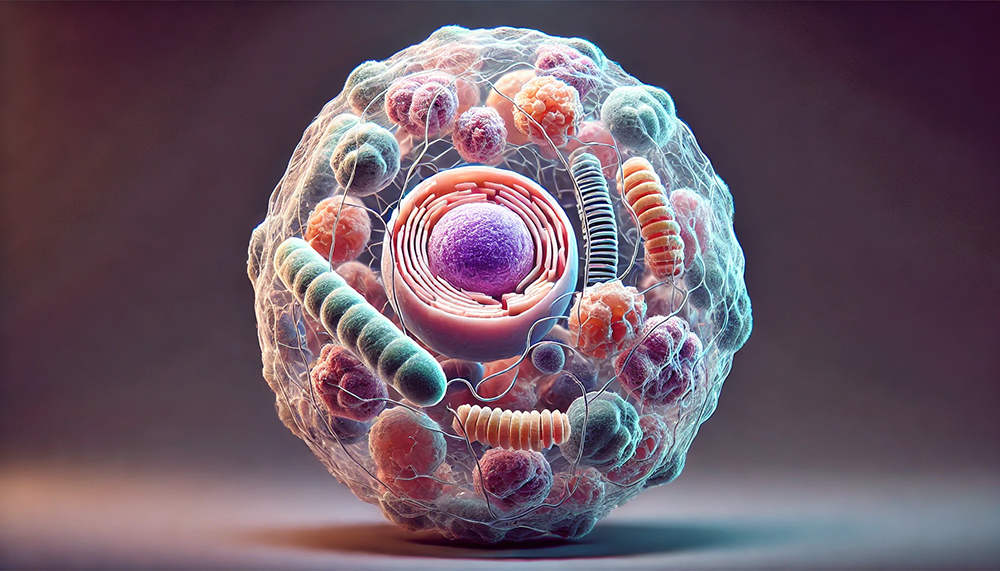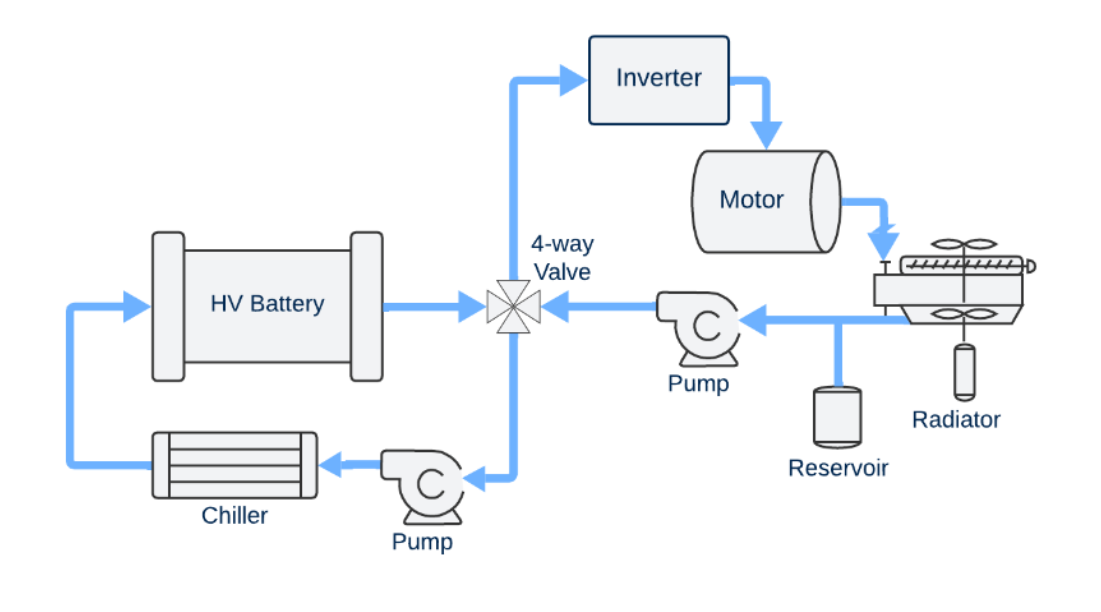What determines whether a cell becomes a nerve, muscle, or bone? The answer lies in precisely orchestrated genetic programs—and when these programs go awry, diseases can emerge.
A research team at Case Western Reserve University has identified a crucial cooperative role played by two epigenetic markers—chemical tags that control whether genes switch on or off—in guiding cells toward their proper identities. Their findings, published in Science Advances, reveal that when both markers are switched off, genes become overactive, disrupting normal cell development and differentiation.
Epigenetic regulation is essential for establishing cell identity. These markers act as molecular “instructions,” ensuring that specific genes are activated only at the right time and place. The study shows that the loss of both signals leads to a breakdown of this control, causing abnormal gene expression patterns.
This discovery has far-reaching implications. By understanding how these epigenetic cues shape healthy cell fate, scientists gain insight into what happens when these processes fail—contributing to neurodevelopmental disorders and potentially driving cancers such as leukemia.
Importantly, the research highlights a promising therapeutic angle: the same pathways influenced by these epigenetic signals may be targetable with drugs already in clinical trials for other cancers. By repurposing or adapting these treatments, it may be possible to restore proper gene regulation in diseased cells.
“Epigenetic markers are like conductors of a symphony,” the authors note. “When they work in harmony, cells develop normally. When they’re silenced together, the music of development goes out of tune.”
This work underscores how decoding the molecular language of cell identity not only deepens understanding of fundamental biology but also opens doors to novel strategies for disease treatment and prevention.








